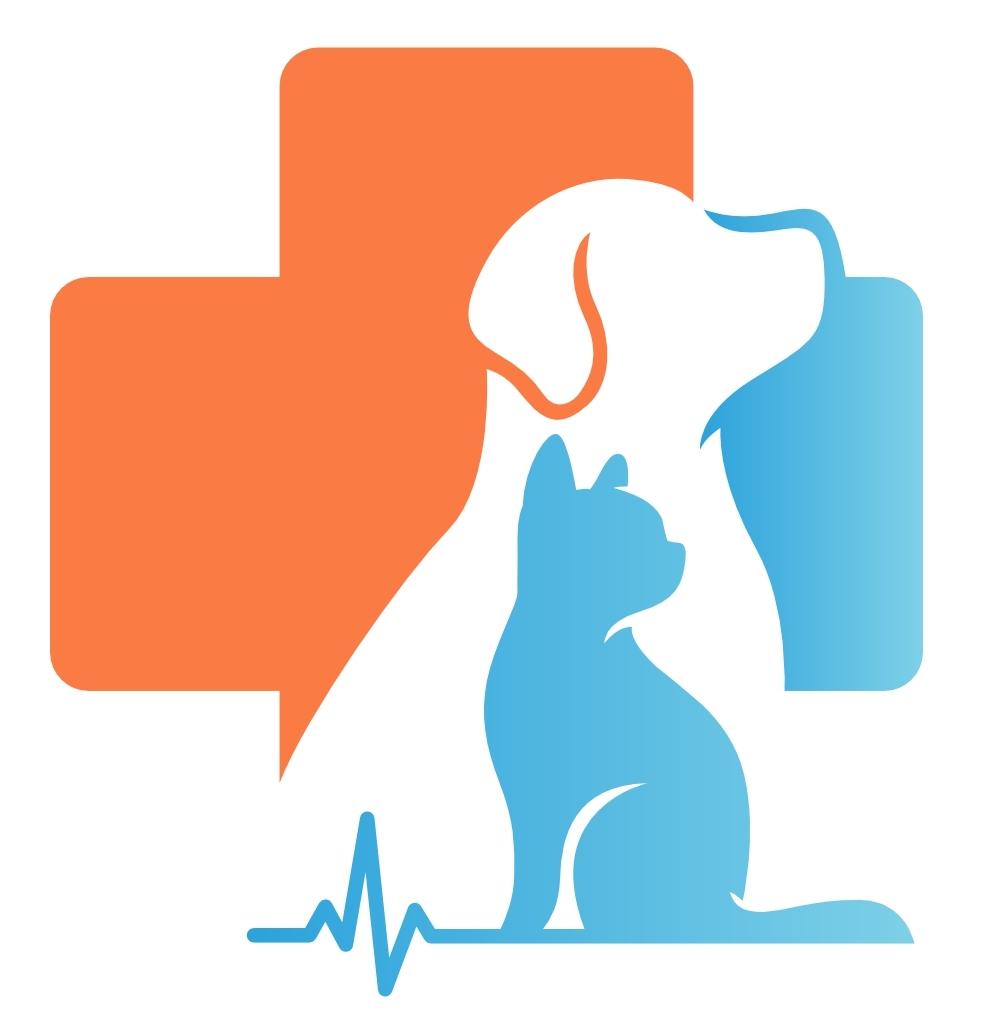Health Problems in Rabbits
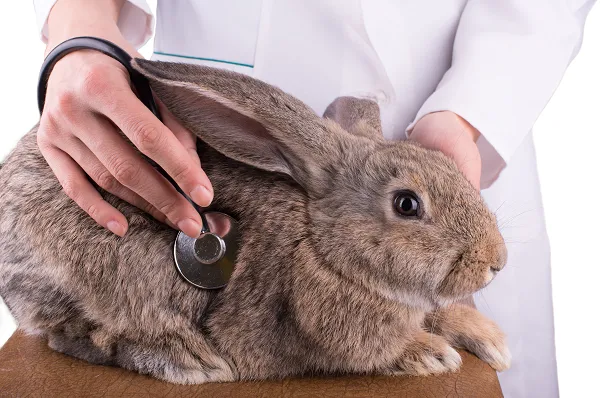
Pet rabbits have several unique problems and disease concerns. Dental disease is very common in pet rabbits, as are gastrointestinal problems. Rabbits have unique gastrointestinal tracts and need a high-fiber, low-carbohydrate diet to help keep the normal GI bacteria fermenting their food. Rabbits need a soft bedding area to prevent sore hocks from forming. Rabbits that eat high-calcium, alfalfa-based diets or high-calcium vegetables are prone to developing bladder stones that must be removed surgically. Bunnies housed at temperatures over 80°F are prone to heat stroke.
Gastrointestinal Stasis in Rabbits
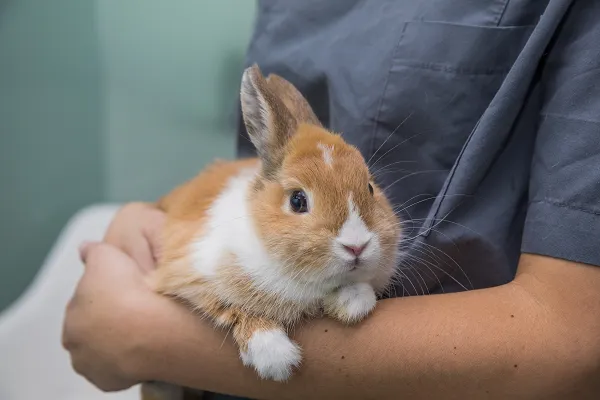
Rabbits that are not eating may have developed gastrointestinal (GI) stasis. GI stasis may be caused by a physiologic change in bacteria or by one of several other conditions such as E. cuniculi. Supportive treatment either in or out of the hospital will be prescribed for a rabbit with GI stasis. Prevention steps are discussed. Have your rabbit checked regularly by a veterinarian who can monitor for the occurrence of other underlying diseases that may contribute to the development of GI stasis.
Gastrointestinal Diseases in Ferrets
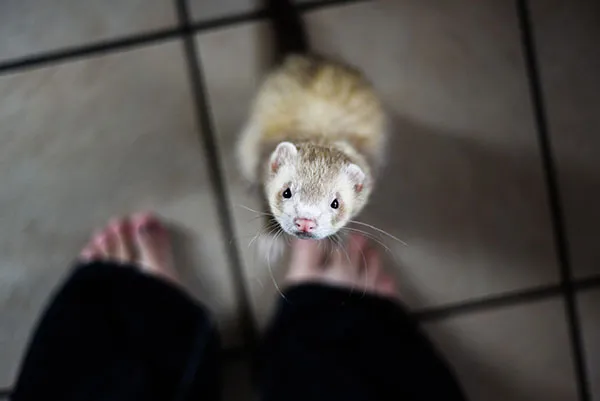
Ferrets can be affected by a variety of conditions causing problems with the stomach and intestinal tract. Certain bacteria may cause diarrhea or gastritis. Intestinal foreign bodies often cause a complete blockage of the intestinal tract. Some conditions may be treated with medication while others require surgical intervention.
Chinchillas – Problems
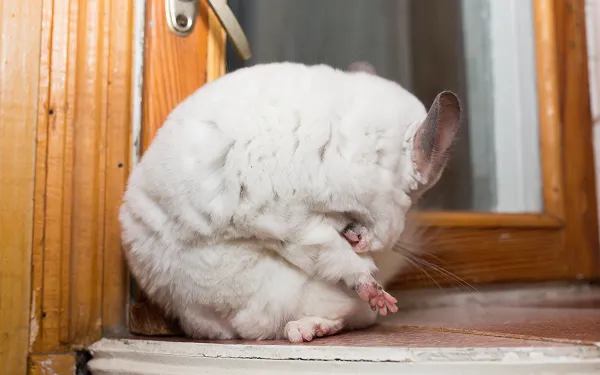
Chinchillas are generally hardy animals but can have several unique problems; understanding them will help you care for your pet and manage potential health problems.
Rabbit Syphilis or Treponematosis
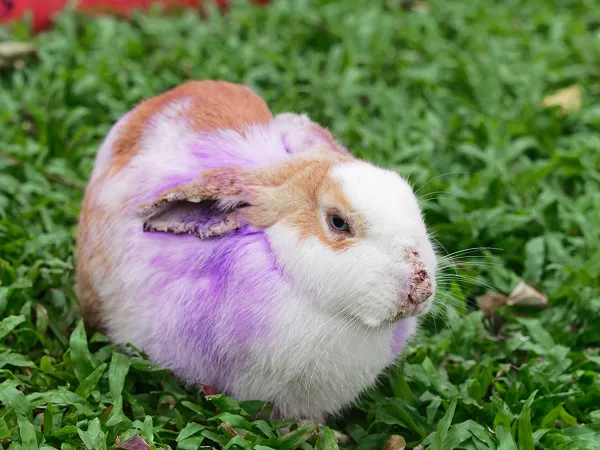
Rabbit syphilis is a sexually transmitted disease caused by a spirochete organism called Treponema cuniculi. Infected rabbits will develop sores that are confined to the mucocutaneous junctions, such as the external genitals, anus, lips, nostrils, and eyelids. Treatment involves two to three weekly penicillin injections. Humans cannot contract this disease from rabbits.
Rabbit Hemorrhagic Disease Virus (RHDV)

Rabbit hemorrhagic disease virus (RHDV) is a fatal calicivirus that affects only rabbits. It can be transmitted by direct contact with a diseased rabbit or from feces, urine, or hair from a diseased or dead rabbit. There is no known treatment, but an American-made vaccine is available in the US. Europe has had a vaccine available for years.
Insulinomas in Ferrets
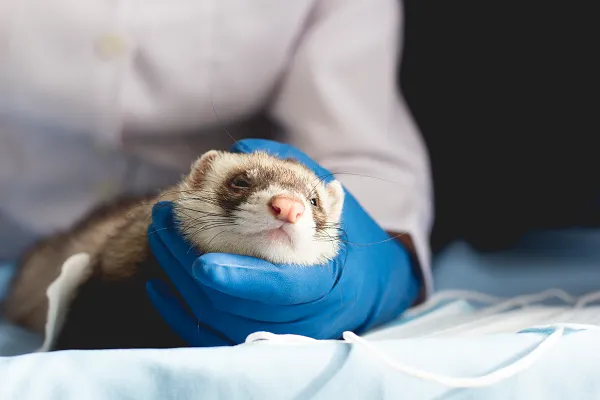
An insulinoma is a cancerous condition involving the beta cells of the pancreas. Beta cells are the cells that produce insulin. Clinical signs may include pawing at the mouth, weight loss, tremors, collapse, abnormal behavior, depression, lethargy, and confusion. Treatment can be medical, surgical, or both with proper dietary management.
Infectious Diseases in Rabbits
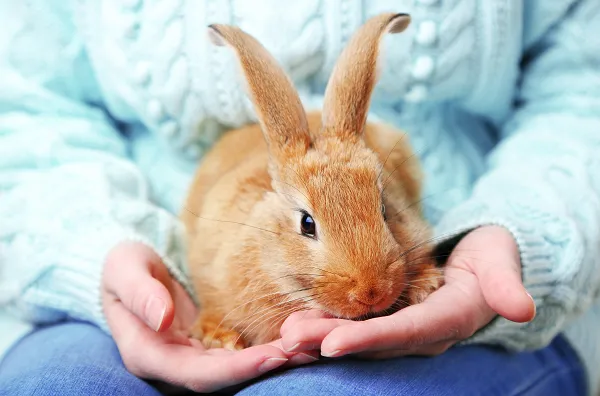
There are four major infectious diseases seen in pet rabbits: myxomatosis, rabbit hemorrhagic disease (RHD), encephalitozoonosis, and pasteurellosis. This handout discusses the causes, signs, and treatments for these diseases. Be sure to have your rabbit checked annually by a veterinarian to keep them as healthy as possible and minimize problems.
Encephalitozoonosis in Rabbits
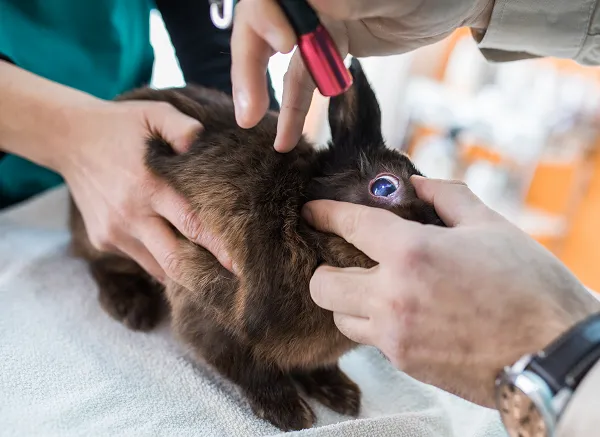
Encephalitozoonsis is a parasitic infection that can affect the kidneys, eyes, and nervous systems of rabbits. Many infected rabbits do not develop clinical signs until they are older or if they become stressed or immunocompromised. Common signs that may develop include heavy white plaques/growths inside one or both eyes, head tilt, eye twitching, and tremors or seizures. Treatments are available, though not all rabbits respond.
Coronavirus Disease (COVID-19)
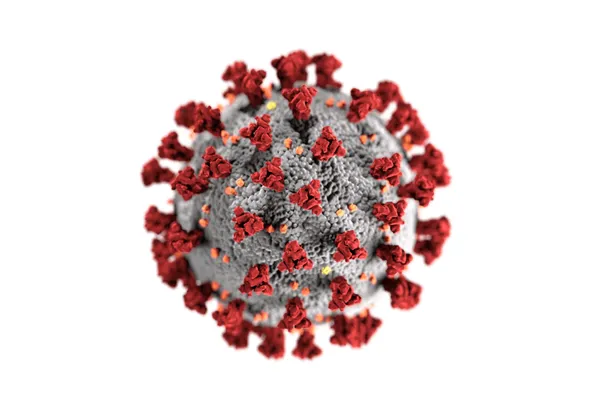
COVID-19 is a disease caused by the coronavirus SARS-CoV-2. Current evidence suggests that person-to-person spread is the main source of infection. While there is evidence of transmission from humans to dogs and cats, it does not appear common. If you suspect that you are ill with COVID-19, you should take the same precautions with your pet as you would with people.
